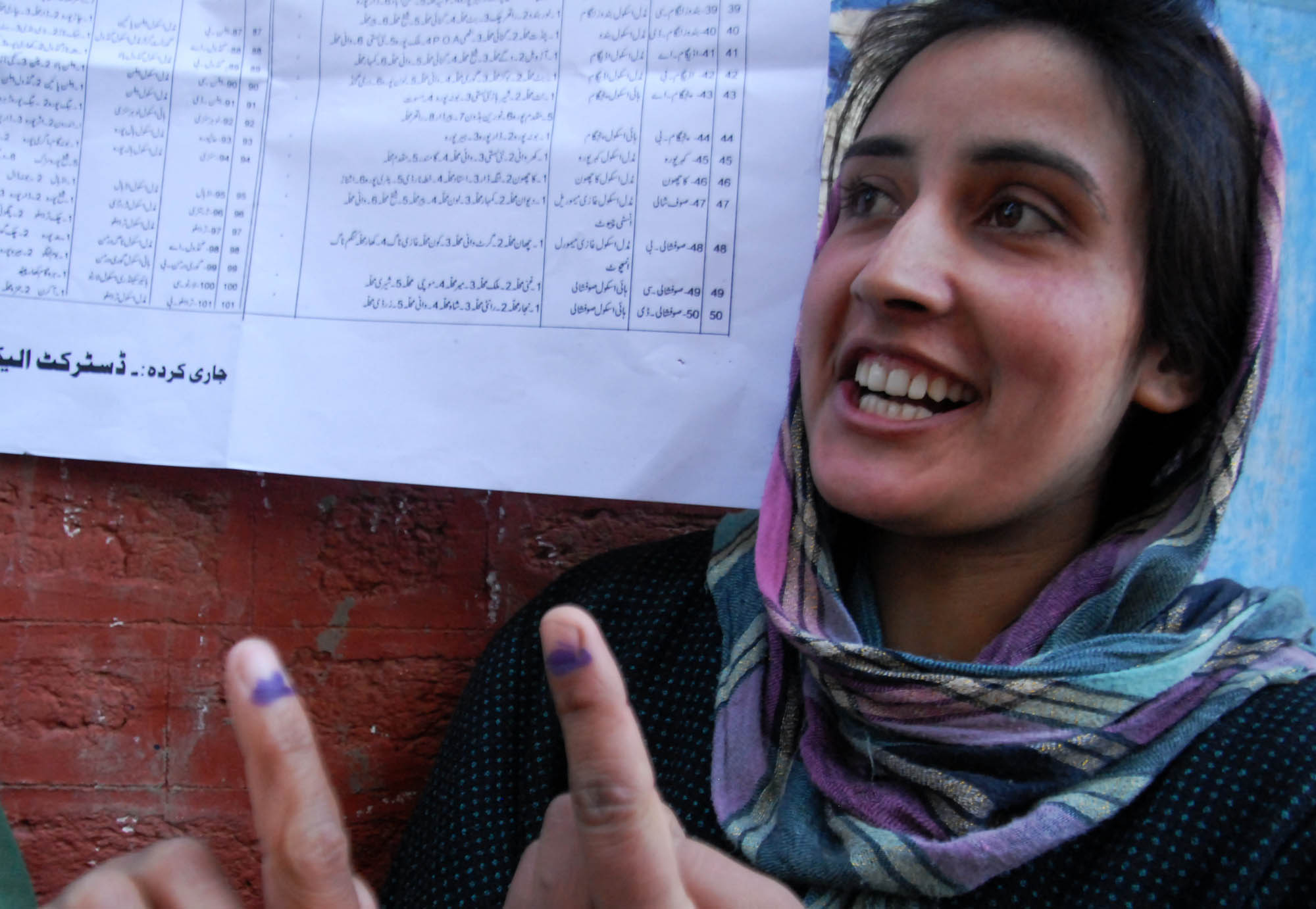Aakash Hassan
Srinagar
After Goods and Service Tax (GST), the new Tax regime in India, landed in a controversy in Kashmir valley, Finance Minister, Finance Minisyter Dr Haseeb Drabu on Wednesday held an hour-long interaction deliberating on the issue.
Drabu explained the ‘benefits’ of the new tax regime for which all the states except Jammu Kashmir have given nod and would be applied from July 1.

The biggest beneficiaries of this change would be the consumer, and the consumer states will be benefitted the most, instead of manufacturing states getting the cream under Sales Tax and VAT regimes, he asserted.
“The policy would redefine role of commercial tax deposit,” he said, “and the tax harassment will end. It will become a tax advisory set up because the role of tax man has completely changed with GST emphasis on self assessment.”
However, different quarters have raised voice over the apprehension of “impact and erosion” of state autonomy upheld by Article 370.
Drabu termed such apprehensions as false.
False “perception is being created” among people he said, “There is no such thing of compromise on existing position. It is written in Agenda of Alliance as well that there would be no compromise in exiting constitutional position.”
He said that state cannot afford to stay away from GST saying “no business” can be transacted as J&K will not be part of the GST network, an IT platform that is taking over the entire business across India.
“There will be isolated economy and shortages. We will not be able to export nor will be able to import.” he said. “GST is beneficial and without it the worst sufferers will be business people not the government.”
Stating the new Tax regime as sort of Memorandum of Understanding (MoU) he said there will be “no erosion” and the “customers should understand that the situation is being created” to disrupt.
Government has decided go for an all party meet on Thursday to build consensus among political parties and the opposition.
“We will take a final call,” Finance Minister said while announcing scheduled all party meet. Earlier Congress and National Conference remained absent from all party meet held.
Before that Assembly session was called for a day to discuss GST but was disrupted after opposition stormed government over different issues.
Finance Minister while answering to the questions of reporters said that false information is being spread that state has no control on exemptions.
“These are promotional exemptions and there are policy expemtions,” he said, “Both will stay in vogue as government will pay the concessions as part of its budget.” He said this all is within the jurisdiction of the state.
Asked if the GST so good, why the government is not going ahead with it, Drabu said the situation in Kashmir is fragile and the government does not want GST to be misused as a spark. “We are trying to build consensus,” he said adding that hurry is not being done because “the situation is fragile and anything can spark off.”
While answering to question that why he used to oppose GST before coming into power, Drabu said : “I have not changed my position on GST but the tax has evolved in the last few years and it is a first federal initiative in which states have a huge say.”
“GSTN counsel has evolved” and lot of “safeguards have been made. Earlier, I was looking at it as Center versus State issue but GST Counmcil has changed a lot as the centre is sharing sovereignty with the states and it is not other way round,” he said.
Reacting on the question about taxations on world removed expensive handicrafts state he said, “We are discussing and protection will be ensured.” He said the handicrafts will get into exemption category. Besides, state will continue to collect stamp duty in real estate sector which is beyond the purview of the GST.
He asserted that there will be uncertainty in market for next three to four months after the implementation of GST terming. He termed it “disruptive policy” shift which will trigger a sort “wholesale chaos” but will settle within next six months. He even foresees business getting down for a month or so.
Like demonetization took few months, similarly such a big Tax change reform will take some time in market to take roots and start changing the system.

Drabu credited his predecessor Abdul Rahim Rather who has immensely contributed in the making of GST and led the Empowered Committee as well. “It is in acknowledgement of his contributions that he is a special invitee when the GSTN is launched in India,” Drabu said.
Insisting that not even an iota is being changed in the state constitution, Drabu said the idea of drafting a law that will replace CGST and IGST in the state is impossible because it would require changing the state constitution massively and also make changes in the Constitution of India. “There is set system of receiving devolutions from centre to the Consolidated Fund but there is no system of a reverse movement and creating this will be a chaos,” Drabu said.
Finance Minister said the new tax regime will reduce the incidence of tax, create an anti-corruption mechanism within the system, end tax harassment, reduce cash transactions – key to corruption – and help consumer states rather than manufacturing and developed states across India.
Drabu said there is a misconception that the traders will have to file returns many times a year. The fact is that traders will 20 lakh turnover need not to file a return at all and those with 75 lakh turnover need to file, once a year.
Asked about the safeguards, Drabu said he is not expected to make it public when it is going to be the property of the state legislative assembly. However, he insisted there are adequate safeguards that will make GST implement almost a seamless issue with obvious teething problems initially. Indirectly, he hinted at an understanding between the centre and the state on this.














